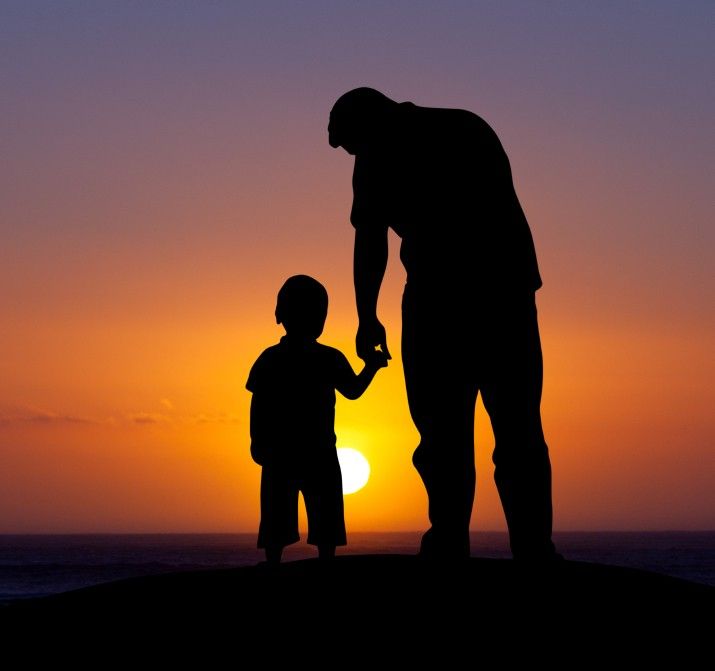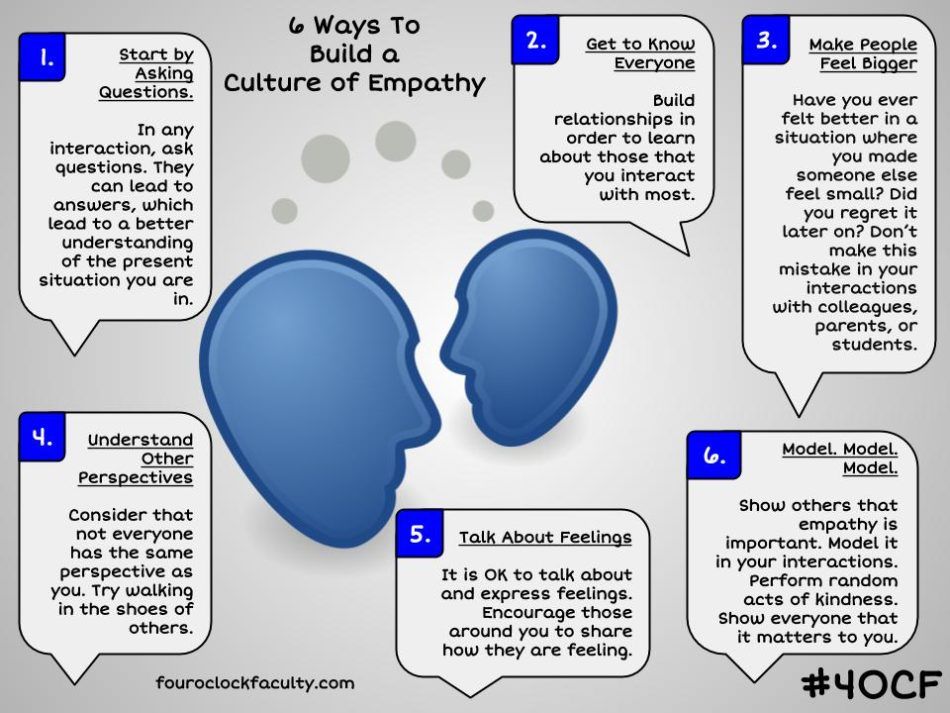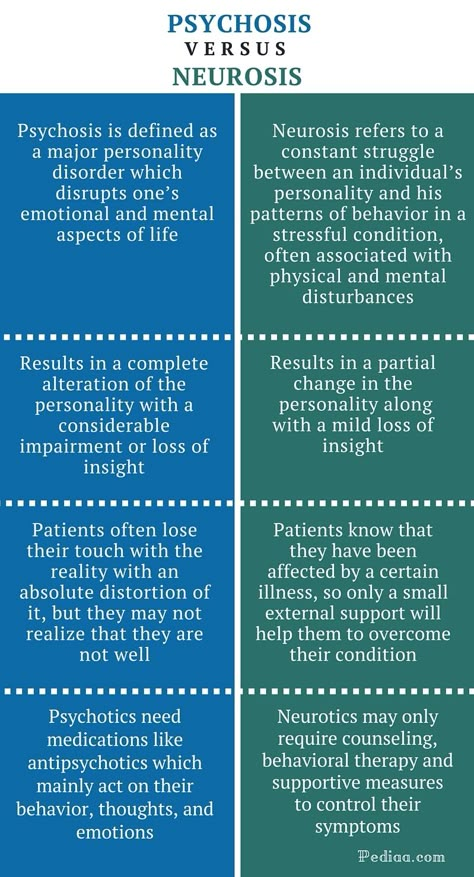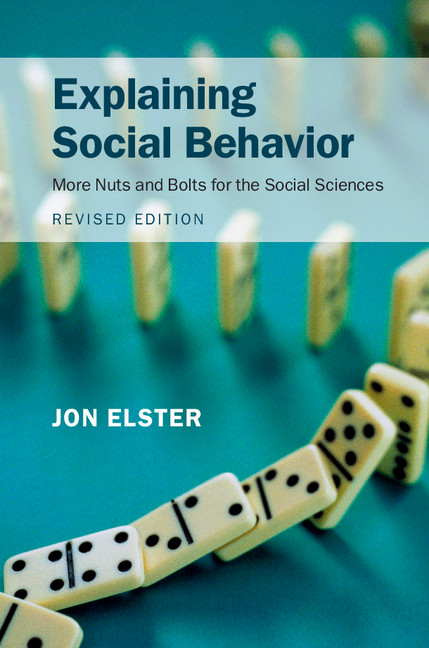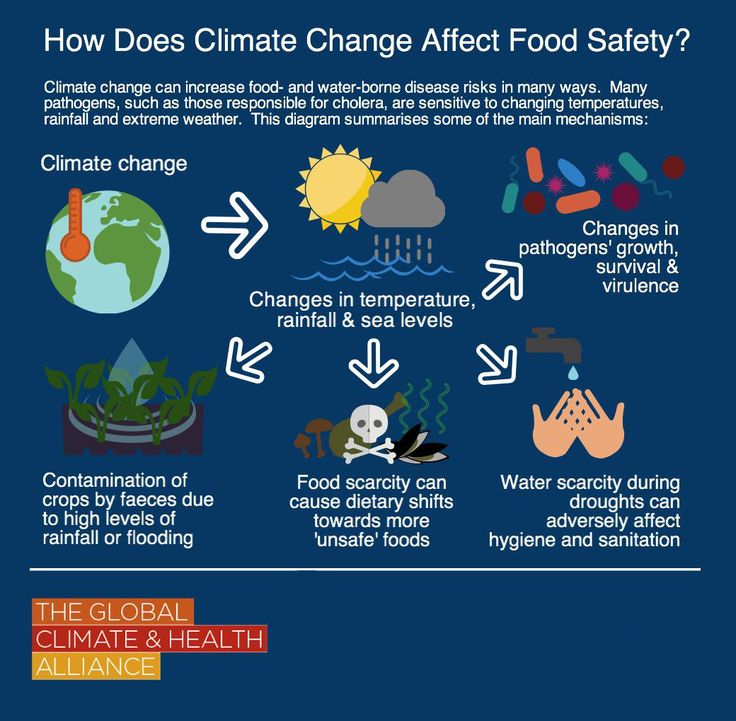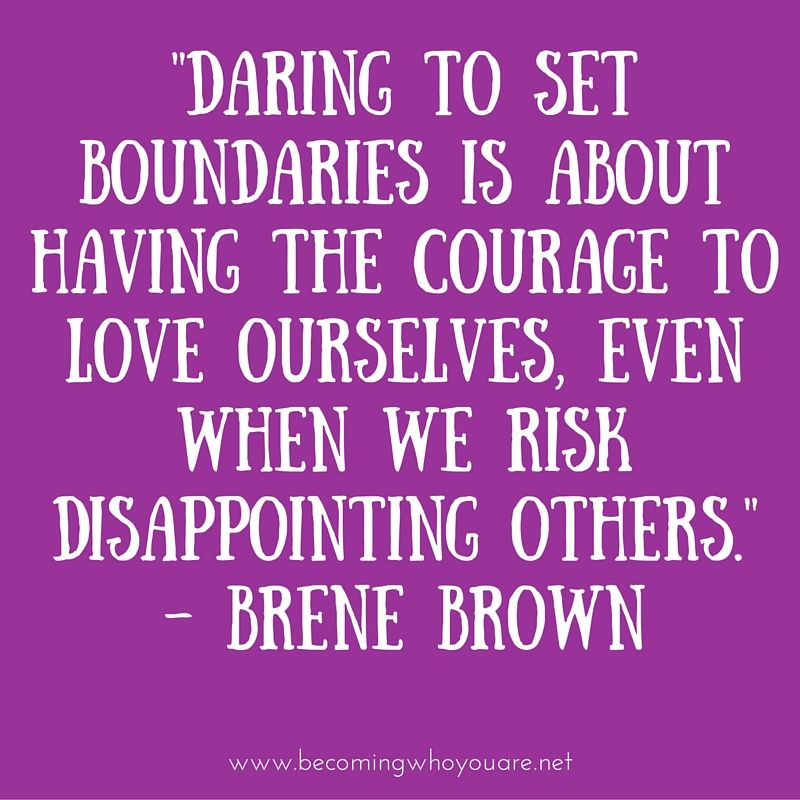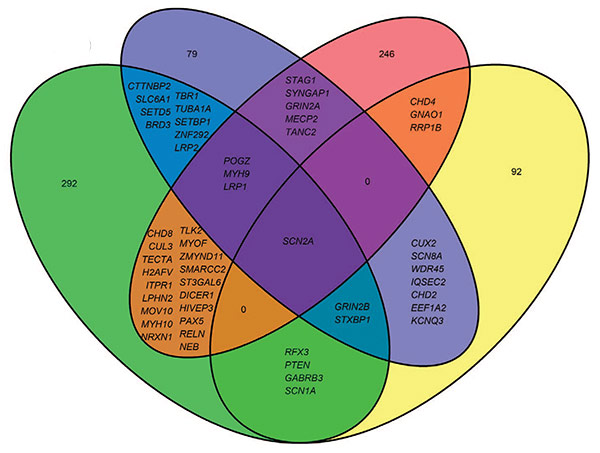How to deal with lack of affection
Why Is There A Lack Of Affection In My Relationship? 5 Possible Reasons Why, And What Can Be Done About It
“Affection in a relationship changing is only natural and can be worked through. Try to focus on the things that still connect you to your partner while also encouraging yourself that working on affection can help bring it back.” - Ryan Smith, LPC, NCC
Intimacy and affection are considered essential components in any relationship. When it suddenly disappears or has been missing for a while, it’s understandable that it can confuse you. After all, you don’t know what could be causing it. A lack of affection could indicate an issue within the relationship, or it might not be personal at all. In this article, we will cover some reasons why affection might be lacking in your relationship and provide you with some solutions to them.
- A Weak Emotional Connection
My Partner's Not Affectionate Anymore, What Can I Do?
We're Here To Help - Talk With A Licensed Relationship Counselor Online Today
If you’ve noticed that affection is getting low in your relationship, you and your partner might be becoming emotionally distant from each other, or it has been happening for a while, and it hasn’t been addressed.
When people think of the words “affection” and “intimacy,” most people tend to think of the physical aspects, which is especially true for the latter.
While they can have a physical component to them, in reality, they aren’t separate. This doesn’t mean that people can’t be physically and sexually active without emotions, but having an emotional connection often precedes anything physical in many committed relationships.
Basically, if there is no emotional intimacy, the physical aspects will probably go down with it, and to get it back, you will need to work on rebuilding an emotional connection.
One of the easiest ways to do this is to bond together, and things that you both enjoy. This makes things more meaningful for you and your partner.
If you’ve been together for a while, you might not have been going out on dates like the old days. Recall when you both were dating regularly – were you both happier, adventurous, and possibly couldn’t keep your hands off each other?
If this sounds like your relationship before, the dating helped foster the connection between you and allowed you to grow. [1]
[1]
Therefore, to rebuild this type of intimacy and affection, you need to make time for each other as you did before. This will increase your bond, and everything else should follow suit.
- There is a Lack of Respect
If there is a lack of affection, there is a good chance that some respect issues are going on. In fact, respect almost always precedes affection – after all, it’s illogical to be affectionate to someone you disrespect.
Without respect, your partner might not give you any priority, will refrain from listening to you, or, worse, give affection to others, even if you are in the same room. Instead of giving and receiving love, feelings will be hurt.
Respect issues can stem from several different sources, and getting to the bottom of why they exist might require the assistance of a counselor or therapist, who can help you both communicate and be on the same page. That way, you can start to address the problem.
While knowing why there is absence of affection and disrespect in a relationship is fundamental to resolving the issue, it’s just as important to plan out ways to start working on building respect. [2]
[2]
Here are some basics:
- Start acknowledging and listening to each other’s needs and concerns
? Act on these needs promptly
? Eliminate sarcasm, impatience, irritability, and contempt from conversations, especially during conflicts
? Learn how to show appreciation and gratitude, even for the small things
? Apologize and have forgiveness
When you start focusing on these crucial aspects of creating mutual respect in a relationship, you should see intimacy and affection grow.
- There Is Too Much Comfort
You may have read the headline just now and thought, “How can there be too much comfort? Isn’t comfort a good thing in relationships?”.
Yes, comfort is something you should strive for, but this meaning is different, and it refers to getting trapped in routines, therefore creating a comfort zone.
After being together for a while, it is very common to stop courting your partner because the relationship has been established.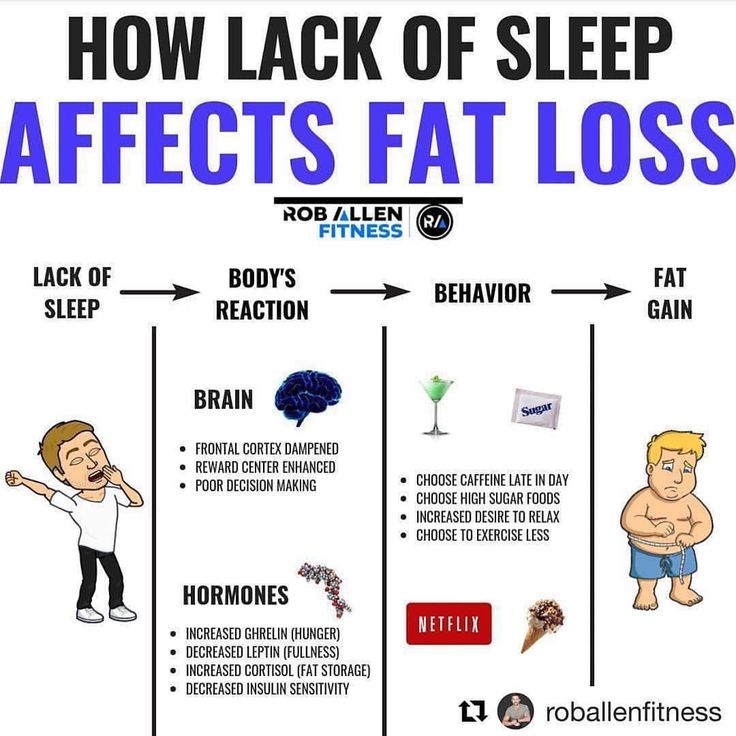 When we begin dating someone, we tend to make more of an effort to show affection to each other so we can get comfortable and, hopefully, create a long-term relationship.
When we begin dating someone, we tend to make more of an effort to show affection to each other so we can get comfortable and, hopefully, create a long-term relationship.
Unfortunately, after time has passed, affection is often put on the backburner and isn’t maintained. Since it’s a gradual process, it might not be noticeable right away, but the absence of affection becomes apparent after an extended period.
This is also similar to the previous concept of how emotional intimacy can deteriorate because you aren’t bonding and going on dates as often as in the earlier stages of the relationship. Thankfully, this problem can be just as straightforward to fix.
Having too much comfort doesn’t mean that you don’t love and appreciate each other, so it’s a bit easier than trying to increase respect and build trust, and it just means that you need to be aware of specific things.
For instance, if you feel that the lack of affection has gone down because of a comfort zone, you need to have a stronger effort to bring it back into your relationship. If you still have dates and physical intimacy, you might want to consider spicing things up and making things more interesting.
If you still have dates and physical intimacy, you might want to consider spicing things up and making things more interesting.
- Personality Differences
While affection can certainly be addressed and improved, some individuals aren’t as affectionate as others.
It can mean many different things, which doesn’t necessarily indicate that a person doesn’t want to be affectionate with their partner; rather, there is discomfort with expressing it or struggling to demonstrate it.
A good example of this is taking a look at a person’s upbringing. If someone didn’t get much attention and affection from their parents when they were younger, this could have lasting effects on adulthood.
Although various histories and complex reasons can explain why there is an absence of affection, it doesn’t always apply to everyone. Some people are just open and have an easier time displaying it. In contrast, it can make their partner appear like they aren’t as affectionate. Some people are just insecure and not confident in their ability to provide affection as much as they would like.
Some people are just insecure and not confident in their ability to provide affection as much as they would like.
A lot of this can also relate to the comfort zone discussed in the previous section, and there will always be some variation between humans. Everyone has different boundaries, and while it isn’t required to break them, it can be helpful to do so if things such as upbringing can explain an absence of affection.
Talking to a therapist can help you or your partner figure out why certain things might hold you back from being as affectionate as you can be. If you already know what the causes are, then a professional can help you find solutions specific to your situation and how you can overcome your restraints.
- History of Abuse or Mental Health Issues
Similar to how specific events can potentially cause a person not to be affectionate, people experiencing a mental health condition might also encounter the same problem.
It was previously mentioned that people who weren’t given much affection when they were younger could struggle with providing it as well, and this absolutely applies to situations where they were abused. Exposure to sexual media content at too young of an age can also have negative consequences as well. [3]
Although many abuses can happen at an early age, it’s not restricted to certain groups. It can happen at any age, gender, socioeconomic status, etc., and people traumatized by a previous relationship can certainly have difficulties showing trust and affection.
According to the National Coalition Against Domestic Violence (NCADV), it is estimated that 1 in 4 women and 1 in 9 men are subjected to domestic violence in the United States. Overall, 20 people per minute, which equates to 10 million per year, are abused by an intimate partner. [4]
These alarming statistics show that domestic violence is a significant social issue that needs to be addressed; however, it’s not the only one.
Mental health is another area that needs a lot of attention. Even prevalent conditions like depression, anxiety, post-traumatic stress disorder (PTSD), obsessive-compulsive disorder (OCD) can negatively affect a person’s ability to be affectionate. When a person is stressed out and preoccupied with those emotions, it’s much more difficult to focus on intimacy.
If you or your partner has a history of abuse or struggles with a mental health issue that you think could be contributing to a lack of affection in your relationship, it’s important to reach out not only to those who are close to you but to a professional as well. Talking to someone experienced in helping others in the same shoes can give you the guidance you need to start healing.
Conclusion
My Partner's Not Affectionate Anymore, What Can I Do?
We're Here To Help - Talk With A Licensed Relationship Counselor Online Today
If affection and intimacy are lacking in your relationship right now, hopefully, this article has given you some insight into why it’s an issue and what you can do to improve it.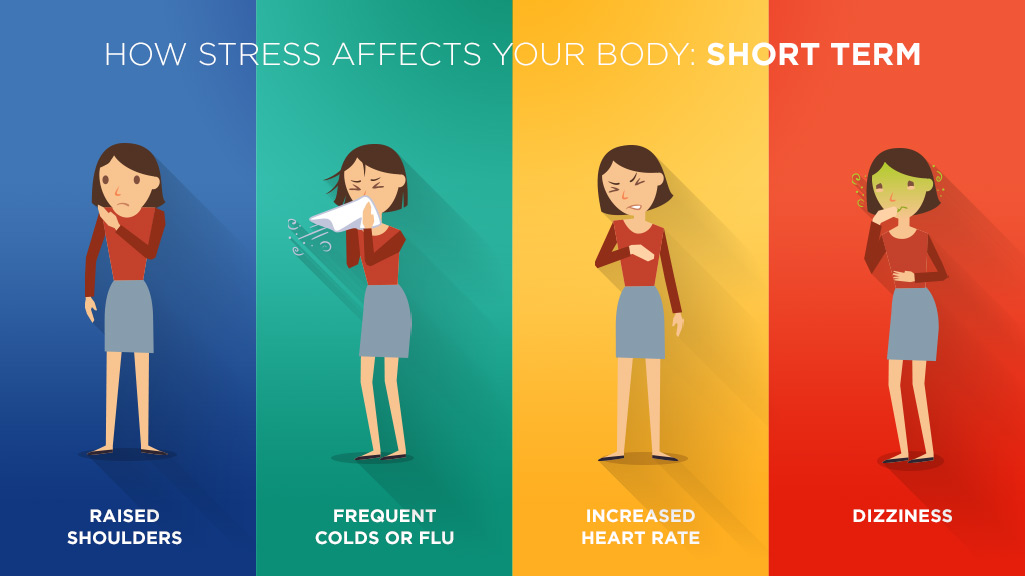
No matter how severe the reason for why there is a lack of affection, always remember that there are solutions, and Regain can help you every step of the way.
Regain offers online counseling and therapy to anyone experiencing relationship issues and has successfully helped individuals and couples overcome them. Online treatment is affordable and convenient, and it aims to be as stress-free as possible. It also gives you the skills to communicate better and manage conflicts so that you can work on essential parts of a relationship.
Although you might feel like you feel alone in your relationship regarding intimacy and affection, you don’t need to be when trying to fix it. With the help available to you, you can have a more open and loving relationship and have a happier, fulfilling life overall.
Counselor Reviews
“Emily is a very effective counselor in our very first call she drilled down and uncovered some of our intimacy issues and gave us a game plan to help resolve them. She's timely, easy to talk to, listens but also gives advice (which I've found uncommon with some professionals). We'd use her again and recommend her in a heart beat.”
She's timely, easy to talk to, listens but also gives advice (which I've found uncommon with some professionals). We'd use her again and recommend her in a heart beat.”
“Austa has been wonderful thus far. She has helped my partner and I during an unimaginably difficult time... She has also guided us in communicating effectively and setting appropriate boundaries in our relationship. I was hesitant to pursue counseling at the beginning, but I truly believe that it is making a difference for our relationship. Austa is easy to talk to and she is a great listener. I would wholeheartedly recommend her as a counselor.”
Frequently Asked Questions (FAQs)
Can a Lack of Affection Ruin Relationships?
Affection in a relationship is vital to the longevity of that connection; therefore, it is a fact that a lack of affection carries a strong potential to ruin relationships. Showing affection in your relationship is critical not just in physical affection but also on emotional and mental levels.
Here’s the reality: a lack of affection in relationships only leads to more problems. When a person is forced to deal with a lack of affection from their romantic partner, several things happen. Emotional distance begins to materialize and fester; meanwhile, lack of affection in a relationship can also cause the deserted partner to feel lonely, question themselves, or even look elsewhere for the physical affection and emotional support that should come from a healthy relationship.
Here’s an important piece of relationship advice: a lack of affection doesn’t ruin a healthy relationship overnight. However, when someone is consistently cut off from a partner showing affection, this impacts relationship satisfaction adversely. In any healthy relationship, showing affection as a sign of care and love is very important. Showing affection in a relationship (or even affection in your marriage) is paramount to the health of your relationship.
Is Affection a Big Part of a Relationship?
Affection is a very big part of a relationship; this is why showing affection (or the ability to increase affection if necessary) plays such a huge role in whether or not a relationship lasts. The health of your relationship is largely reliant upon factors such as bonding, emotional closeness with your partner, physical affection, trust, etc.
The health of your relationship is largely reliant upon factors such as bonding, emotional closeness with your partner, physical affection, trust, etc.
In a healthy relationship, no one should have to deal with a lack of affection. On a similar note, showing affection in a relationship should not be the exception; instead, it should be the norm. Affection in a relationship also helps romantic partners bond, feel closer to one another, and even experience heightened levels of intimacy. This is one of the most important pieces of relationship advice that anyone can take to heart.
If you are worried that affection in a relationship (or even affection in your marriage) is lacking, this does not mean that all hope is lost. The best way to save an affection starved relationship is to increase the affection shown in the relationship.
This can involve more displays of physical affection, such as hugging, kissing, cuddling, etc. Other helpful ways to increase affection involve spending more time with your partner, letting them know you care, or even doing something special together. Whatever you do, showing affection is a must if you want to save an affection-starved relationship.
Whatever you do, showing affection is a must if you want to save an affection-starved relationship.
Why Do I Hate Showing Affection?
If you are someone who hates showing affection, this can certainly hurt the health of your relationship. However, multiple reasons could be driving the hard time you have with showing affection. Getting to the bottom of these reasons is important to save an affection-starved relationship.
If you hate showing affection in a relationship --- especially physical affection --- this could indicate a fear of intimacy, the presence of trust issues, an unresolved trauma from your past, etc. More often than not, showing affection comes naturally in relationships; in fact, it is not uncommon for partners to increase affection as they grow closer to one another.
Death to a relationship or marriage from a lack of affection is very common; at the very least, a lack of affection certainly contributes to the demise of a healthy relationship. If you care about your relationship and want to make it with your partner, getting to the bottom of your struggles with showing affection is highly recommended.
If you care about your relationship and want to make it with your partner, getting to the bottom of your struggles with showing affection is highly recommended.
To save a relationship or marriage from a lack of affection takes work; thankfully, this is not something that you or your partner have to go through alone. If you both are open to it, you can consider taking couples counseling. Another option is for you to speak with a therapist or counselor on your own. Either one of these paths can help a healthy relationship thrive despite personal challenges.
Is it Normal to Lose the Spark in Your Relationship?
All relationships are different and can vary depending on dynamics, expectations, etc. Some people, more than others, have found it easier to hold onto the spark in their relationships. Physical affection, for starters, can play a huge role in whether or not a relationship keeps its spark.
While all kinds of factors can impact whether you keep or lose the spark in your relationship, there are ways to hold onto the spark so that you don’t lose it.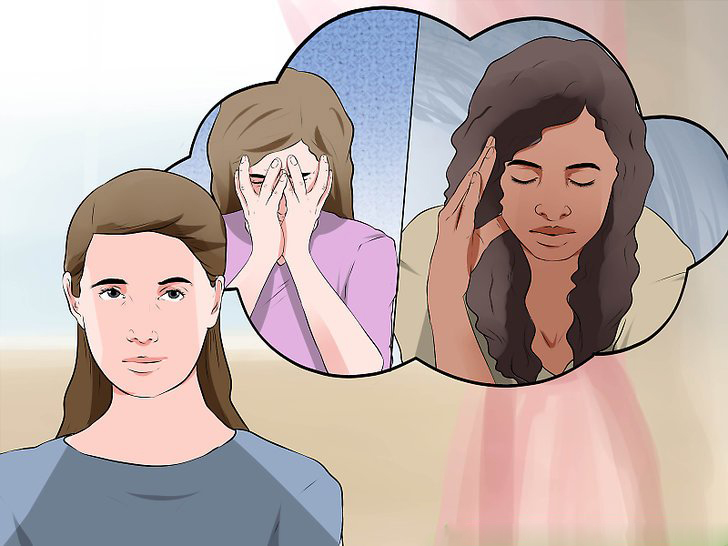 Showing more physical affection can maintain the spark, bonding over mutually enjoyed activities and getting to know one another on a deeper level.
Showing more physical affection can maintain the spark, bonding over mutually enjoyed activities and getting to know one another on a deeper level.
Finally, if you are in a relationship where you have to deal with a lack of spark, you and your partner can also increase affection or even attend couples counseling sessions together.
How Do You Get the Spark Back in a Broken Relationship?
Having to deal with a lack of spark in a broken relationship is not fun. It can cause you and your partner to question whether or not you’re in the right relationship. However, the good news is that you can fix your broken relationship and get back the spark.
Showing physical affection more often is another way to heal a broken relationship, go out with your partner, and spend time together on activities you both love.
Getting back the spark in a broken relationship requires time, energy, and willingness from both partners. It is not an overnight feat, and some days may prove to be more challenging than others. With that being said, if you and your significant other are both equally committed to getting back the spark in a broken relationship, you can do it.
With that being said, if you and your significant other are both equally committed to getting back the spark in a broken relationship, you can do it.
Can a relationship last without physical affection?
What lack of affection does to a woman?
How do you deal with an unaffectionate partner?
How do you deal with a non expressive boyfriend?
Is lack of intimacy a reason to break up?
Touch Deprivation: How No Affection Affects Your Relationship & How To Deal | Nicola Beer
No affection can be one of the first things to happen in a relationship after you get married and have children.
Along with life's many other stressors, couples all too often withdraw into themselves and forget how important it is to gently touch their partner on a regular basis.
Hundreds of couples have shared with me how the affection they used to lavish on each other transferred to spending time with their children. And of course, couples without children experience a lack of affection in marriage too.
Physical affection is, for many people, what makes a romantic relationship or marriage different from relationships you have with anyone else.
Right now especially, due to social isolation and the stress and anxiety around COVID-19 this past year, many people are suffering silently (or, let's be honest, while arguing furiously) from touch deprivation.
What is touch deprivation or lack of affection?
Also known as being touch starved or having skin hunger, touch deprivation is a real condition people experience when they receive little to no touch from others.
Lack of affection is a disturbance in your relationship where physical affection is not as strong anymore or as desired as before.
Professor of psychology at the University of California, Berkeley, Dacher Keltner explains, “Touch is the fundamental language of connection ... The right type of friendly touch — like hugging your partner or linking arms with a dear friend — calms your stress response down. [Positive] touch activates a big bundle of nerves in your body that improves your immune system, regulates digestion, and helps you sleep well. It also activates parts of your brain that help you empathize.”
[Positive] touch activates a big bundle of nerves in your body that improves your immune system, regulates digestion, and helps you sleep well. It also activates parts of your brain that help you empathize.”
What causes no affection in relationships?
Sometimes people experience a change in their emotional health, or developing mental health issues like developing depression, anxiety, or post-traumatic stress disorder, which causes them to not demonstrate as much affection in their relationship as before or not at all.
When there is no affection in your relationship and you are craving it right now, you are probably feeling lonely and longing to be hugged, kissed, or touched in other ways, you are not alone.
RELATED: Why Touch Matters In Relationships
If a relationship is built on affection and then there is a sudden loss of that, the chances of the relationship surviving long-term are slim.
Affection in a relationship is essential because it helps romantic partners bond and feel closer to each other through intimacy. Touch and affection are so important in maintaining a healthy relationship.
Touch and affection are so important in maintaining a healthy relationship.
You may be feeling lonely, ignored, unimportant and unloved, seeing your husband or wife as distant, cold, self-centered, and/or only interested in the children.
Lack of affection in a relationship can be seriously damaging and it may be a sign that you and your partner have grown apart. If this is happening in your relationship right now, read on, as I will tell you what works and what doesn’t when it comes to saving a marriage from a lack of affection.
Marriage counselors or well-meaning friends may tell you to have a serious discussion with your spouse about how the lack of affection in your relationship is bothering you.
This relationship advice presumes that your spouse did not know that you like affection or forgot all of a sudden! Or maybe they did not realize or notice that they were not showing you affection.
What does it mean when your wife doesn't show affection? It could mean that your wife is experiencing changes in her mental health or there is an unresolved issue in your relationship. But telling your husband or wife to be more affectionate never works. Perhaps you already know that from trying it in your own relationship. If anything, it can drive your husband or wife further away.
But telling your husband or wife to be more affectionate never works. Perhaps you already know that from trying it in your own relationship. If anything, it can drive your husband or wife further away.
If you're suffering from touch deprivation in your marriage, here are 3 ways to deal with the lack of affection before it's too late.
1. Stop bringing it up.
Talking about it, even just occasionally, will not get your husband or wife to change. While many relationship counselors may advise you to plainly tell your spouse, "You aren't being affectionate enough," it doesn’t matter whether you beg, demand, or joke, saying it pretty much never works in the long-term (and it doesn't feel good to hear, for that matter).
Of course, your husband or wife may make an effort when you first ask them to, but if you've ever asked for affection and been given it on only demand, you know what I'm talking about when I say that it feels horrible. It actually used to make me feel even more lonely when my boyfriend hugged or kissed me only because I pressured him to.
You want your spouse to be affectionate toward you and touch you because they want to. It's like when a family member insists you give them a hug or a kiss on the cheek when you really, really really don't want to. It feels forced.
If you are upset about a lack of affection from your husband or wife, you're really longing to be touched and desired. By ordering their affection, you may notice your spouse's just how reluctant your husband or wife is to be affectionate with you. And when you notice that, it hurts — a lot.
When I was in the relationship I mentioned above, I used to ask myself dreadful questions like, "What’s wrong with me?" and "Why am I so needy?"
Begging for affection feels terrible, even if they comply, so my advice is simply this: don't do it. It harms you and pushes your partner further away.
Stop listening to the advice that tells you to complain and instead see their lack of affection as a sign that perhaps they're not feeling loved by you either.
Even if you are being affectionate toward them, physical affection may not be big on their list of the ways they feel loved. Perhaps they need support in other areas and prefer love to be shown in a different way.
They may also be resisting feelings of being controlled. Instead of telling them what to do or getting upset about something you cannot control (their behavior), practice doing what it is that makes them happy and showing them love in the way they prefer to receive it. such as through words of appreciation, respect, space, acts of service, thoughtful gestures, or gifts.
RELATED: How To Prove Your Love Every Single Day, Based On The Five Love Languages
2. Avoid the lack of sex and affection trap.
Dan (name changed to protect privacy) told me that he and his wife weren't having sex as often as he’d like to — in fact, barely at all — and he felt frustrated about it. He complained that his wife is never in the mood and that, after being turned down so often, he no longer bothers making an effort to get her interested.
"I stopped trying altogether," he said. "It was hard taking the constant rejection."
When I spoke to Lisa, his wife, she said was fed up with the lack of affection she felt she received from him.
"The only time he kisses or hugs me is when he wants to have sex," she explained. "He will come up behind me when I'm washing the dishes or watching my favorite TV show and expect me to be all-loving after he's ignored me all day. By then I’m tired and fed up, so there is no way I’m getting intimate."
This example is so common it comes up almost weekly in my practice. One partner wants sex and isn’t getting it, so doesn’t feel like being affectionate. The other wants affection and intimacy and isn't getting it, so they don't feel like having sex. It becomes a vicious cycle, with neither feeling satisfied with or close to the other.
Related Stories From YourTango:
Why You're Not Getting Enough Attention In Your Relationship & How To Get Reassurance Without Being Needy
The 3 Zodiac Signs Who Are The Luckiest In Love On November 29, 2022
The 4 Zodiac Signs Who Fall Out Of Love & End Relationships, November 28 - December 4, 2022
To break it, one (or ideally both) needs to give the other what they want first. When couples do that, their relationship transforms.
When couples do that, their relationship transforms.
3. Focus on what you can control: yourself and your own happiness.
In a relationship, we can never control how someone acts, as much as we would like to. Controlling behavior leads to distance, resistance, and shutdown.
Instead, if you focus on being happy, easygoing, and fun to be around, flirting and affection are more likely to follow.
Often when men or women confess to me that they know they have not been affectionate towards their spouse, it’s because they are stressed, dealing with a loss of some kind, concerned about the relationship, or worried about the future.
Rather than asking your spouse to change, support them and aim to inspire them by being loving, happy, and full of energy and light yourself.
By becoming more focused on your own happiness and self-care, you will become more attractive as you give them the space that they need.
The bottom line is this: Fretting about a lack of affection won’t help save your marriage or make your husband or wife be more affectionate.
Focus on what you can control, and watch the affection flow.
RELATED: How To Fix A Sexless Marriage Before It's Too Late
More for You:
Nicola Beer is a world-renowned expert in relationship psychology and transformation. Get her free report "The Secrets To Strengthening Your Marriage & How To Re-Ignite The Spark."
Sign up for YourTango's free newsletter!
This article was originally published at Save My Marriage Program. Reprinted with permission from the author.
What to do when you're single (but want a relationship)
April 23, 2021Relationships
It seems that everything around is created for those who are in a relationship, and happy couples are not shy about showing feelings in public. Lifehacker's tips will help you not only survive loneliness, but also enjoy it.
Share
0 You can listen to this article. If it's convenient for you, turn on the podcast.
Do not evaluate yourself through relationships
Your value does not depend on the presence or absence of a couple. It’s hard to believe this, because modern culture extols those who have found their other half. The meaning of life is personal happiness - we hear about it from every iron. Lonely people are looked down upon, ridiculed, despised and even feared.
The more we avoid loneliness, the weaker our ability to experience it and the more it frightens us.
Michael Finkel
American journalist, writer, author of "I Eat Silence with Spoons"
This is actually a clever use of basic instinct. Two equal people enter into a relationship. Their significance is confirmed long before the start of a romantic relationship.
Remember: even if you do not have a partner, you are a wonderful and worthy person. There will always be those who will condemn you for being alone. You should not pay attention to them: nerves are more expensive.
Find hobbies
The secret of many successful people is passion to the point of complete immersion in the business. It gives energy and strength to move forward.
Find a job that will captivate you and give you satisfaction. This is not a way to kill time while you are alone. These are new ideas that fill life and decorate it.
Life has meaning if there is passion in it.
Do not confuse infatuation with an obsession. The latter is exhausting, drains energy and easily turns into an addiction.
Appreciate what you have
A lonely person often feels that he is deprived of something and is unhappy because of it. There is a rational explanation for this. The fact is that the brain remembers negative experiences better. It is essential for survival and evolution. Therefore, it is generally difficult for us to appreciate what we have. It is doubly difficult for a lonely person to appreciate his achievements.
Take some time to pause and enjoy what you have.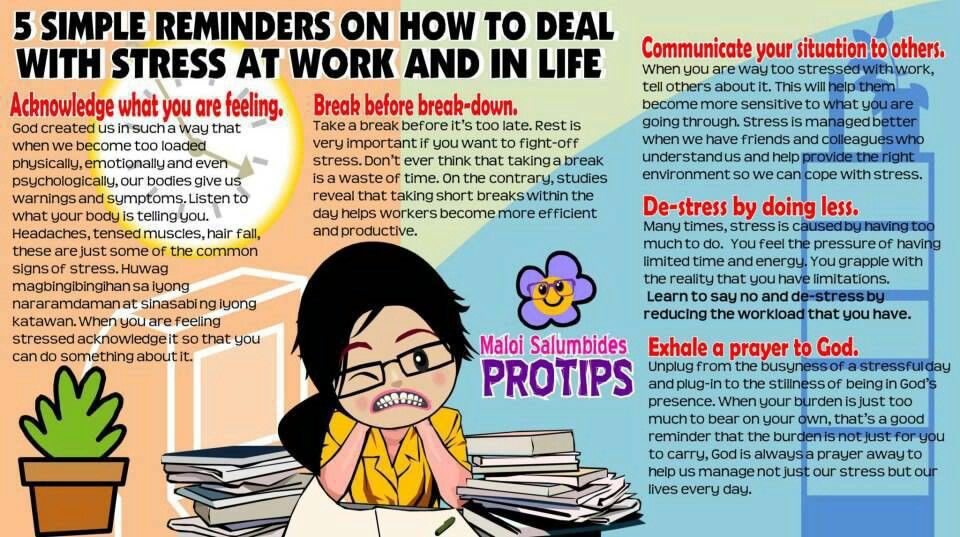 And these are not necessarily material goods: apartments, cars and oil rigs. There are people who would give half their lives for the opportunity to read this text with their own eyes or see the sun at least once.
And these are not necessarily material goods: apartments, cars and oil rigs. There are people who would give half their lives for the opportunity to read this text with their own eyes or see the sun at least once.
You can have little and achieve more with it.
Periodic re-evaluation has a beneficial effect on the brain: it increases the production of serotonin and dopamine. It is also helpful in building and reinforcing the habit of positive thinking.
And feel free to thank the people you love: they make you happy and love you, whether you're in a relationship or not.
Give more to receive more
Today it is somehow unfashionable to open oneself and help others. We are all focused on ourselves and on the houses that, like snails, we carry on ourselves. But the more you give to others, the more you get in return.
Many people are stopped by the thought “I can't do anything that will globally change people's lives, so there is no point in doing anything at all”. Meanwhile, even tiny attempts matter. Volunteering will help you connect with other people and bring goodness into your life, especially when it seems dull and boring.
Meanwhile, even tiny attempts matter. Volunteering will help you connect with other people and bring goodness into your life, especially when it seems dull and boring.
In general, do good, however small it may be.
Love yourself
If you don't love yourself, how will someone else love you? Relationships are not magic. The dull Dr. Jekyll will not turn into the flamboyant and sexy Mr. Hyde. If your life does not bring you pleasure, romance with another person is unlikely to help. And from loneliness, by the way, will not save.
Clever is the one who knows people. He who knows himself is enlightened. Victory over people gives power, victory over oneself gives power.
Laozi
ancient Chinese philosopher of the 6th-5th centuries BC. e.
Relationships are not the meaning of life, but just one of its facets. If you have an interesting life, the other person will want to be a part of it. Therefore, invest in yourself, in your development. Love yourself and others will follow.
Love yourself and others will follow.
Read also 🧐
- 12 ways to spend a day alone to your advantage
- How not to suffer from loneliness
- 12 tips for those who live alone
I am free: how to stop being dependent on love
Symptoms
Medieval scholars considered love to be a serious disease. Indeed, often, our too strong attachment is much more like a mental deviation than tender feelings. The problem is that usually we ourselves are not able to notice the first signs of "illness". Recollecting ourselves only when our loved ones run away from us, in fear of not getting out of the unequal struggle alive. From now on, your loved one no longer just lives next to you, he turns into the center of the universe in the truest sense of the word, which determines all the events of your life without exception, now you adjust your plans and aspirations to him, forgetting about your own desires, and then they and completely disappear, giving way to strangers. From now on, every word of your husband is law for you, and, what is most unpleasant, not only for you, but also for everyone around you. All this seems to you manifestations of real strong love. In fact, psychologists long ago found a much more precise definition for this - addiction.
From now on, every word of your husband is law for you, and, what is most unpleasant, not only for you, but also for everyone around you. All this seems to you manifestations of real strong love. In fact, psychologists long ago found a much more precise definition for this - addiction.
Love is not dependence
Depending on the person, especially if it is one-sided, there is nothing good. Such relationships are more like intense surveillance: if a loved one is not around, your thoughts are occupied only by him alone, you are not able to independently take on any business, much less solve problems on your own, you seem to be unable to sleep and eat peacefully . Simply put, in the absence of a loved one, your life ends. Well, it’s not bad for a woman in love, however, that’s the problem: falling in love ended about three years ago, and the manic desire to be together all the time remained.
There is nothing wrong with being apart for some time, believe me, this does not mean at all that you have to go all out, get involved in dubious adventures and have fun in the most original ways.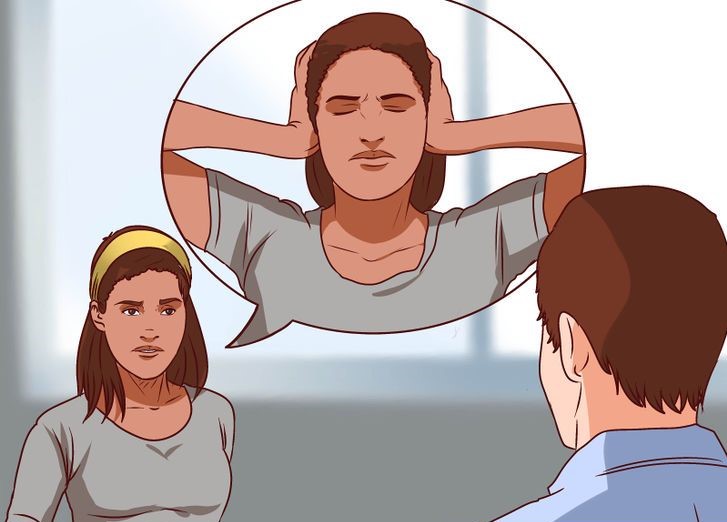 Not at all. Try to be alone with yourself, think about your plans for the future, which, believe me, will not always be associated with a loved one. Moreover, sometimes it’s not bad at all to go on vacation alone or at least for a couple of days to escape into nature - short respite only strengthens relationships.
Not at all. Try to be alone with yourself, think about your plans for the future, which, believe me, will not always be associated with a loved one. Moreover, sometimes it’s not bad at all to go on vacation alone or at least for a couple of days to escape into nature - short respite only strengthens relationships.
Partnership
Relationships, when it comes to long-term relationships, are far from constant celebration and entertainment. The first passion tends to end rather quickly, and then you need to somehow settle in a new life in which you are now not alone, there are two of you. Perhaps it will be a discovery for you that a man has a huge number of his own desires or even demands, discontents, problems and needs that need immediate satisfaction.
To solve the problems of one person together, not so much is needed, in fact: partnership. Forget for a while that you are lovers, become a real friend to your man, because usually this is exactly what a man hopes for when choosing a life partner.
